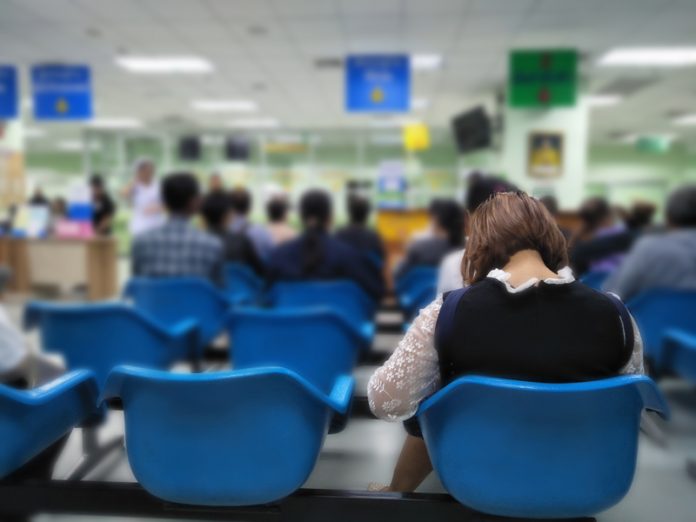Astri Arnesen, President of the European Huntington Association argues that building a partnership with patients is the best way forward to promote better and sustainable health services
As the health sector is growing and spending is rocketing, we need to implement both new technology and new knowledge into practice to secure a sustainable health system for the future. As a patient advocate and an Huntington’s Disease (HD) family representative for many years, I have experienced a growing interest in the patient perspective from health care providers and authorities. But despite a growing interest and request for our opinion, I don’t see patients being really involved in their own treatment. It’s still a silent contract between the parties that the doctor or health professional delivers treatment or services to a more or less passive patient.
New knowledge from psychology is emphasising the importance of thoughts, emotions and actions in our wellbeing and health. Nevertheless, health professionals in general, rarely take this knowledge into account by involving the patient actively as a full member of the multidisciplinary team in charge of the treatment. A multidisciplinary team is regarded to be of great importance to treat complex and chronic conditions in order to cover all aspects of the condition or disease. Nevertheless the patient is rarely involved as a team member.
Generally, the patient comes to a consultation and explains how things are going, and the doctor/health professional provides some kind of treatment or tells the patient what to do. This makes the patient a more or less passive receiver of the treatment offered. If we manage to have the patient actively involved in the decision making, I think we could generate higher quality and a much higher compliance to treatment. It’s simple common sense: if you have been taking part in making decisions about your own health and you fully understand the rationale behind the treatment, you tend to be loyal and follow up whatever it is you need to do.
As head of the European Huntington Association, I meet a lot of people affected by HD all over Europe. What strikes me is that despite the enormous challenges and burdens, people have a lot of resources and a unique expertise in how life with HD is for them and their family. I am convinced that taking the patients resources and expertise into use in multi-disciplinary teams would improve the patient’s condition and increase both quality and efficiency in the offered treatment. I witness far too many being subjected to treatment and interventions they don’t really understand and sometimes don’t want. The effect is usually negative. This can be avoided by having the patient involved in the decision-making and evaluation of what to treat and how.
Far too often, I hear health professionals talking about how they think people affected by HD should go and do gene-testing or not, should treat involuntary movement or not, and so on. My point is that health services need to be individualised and we need to have the patient actively involved in decision-making, because – what matters to some people, is maybe not important to this actual patient and should, therefore, not be addressed, while other factors cause a great impact and need to be treated. Healthcare is not just about offering a cure, in HD there is still no cure, treatment is about reducing burdensome symptoms and improving the quality of life, whatever that is for each individual patient.
Astri Arnesen
President
European Huntington Association
Tel: +47 90 20 20 31











